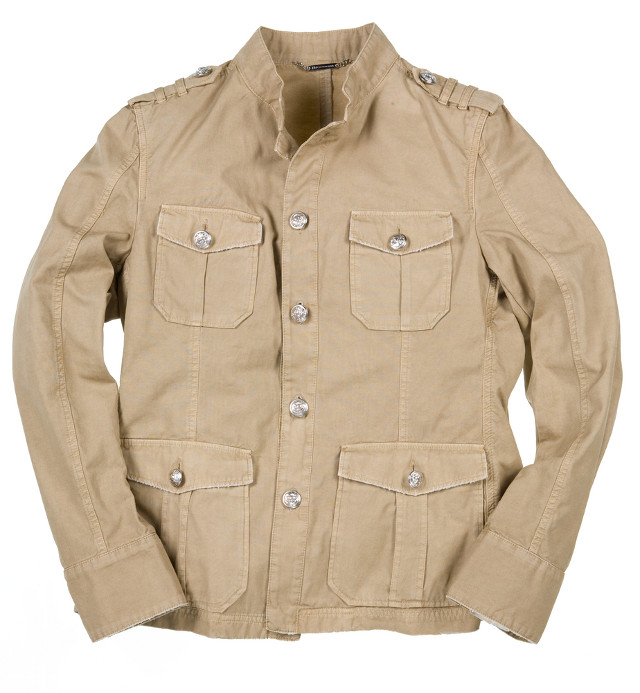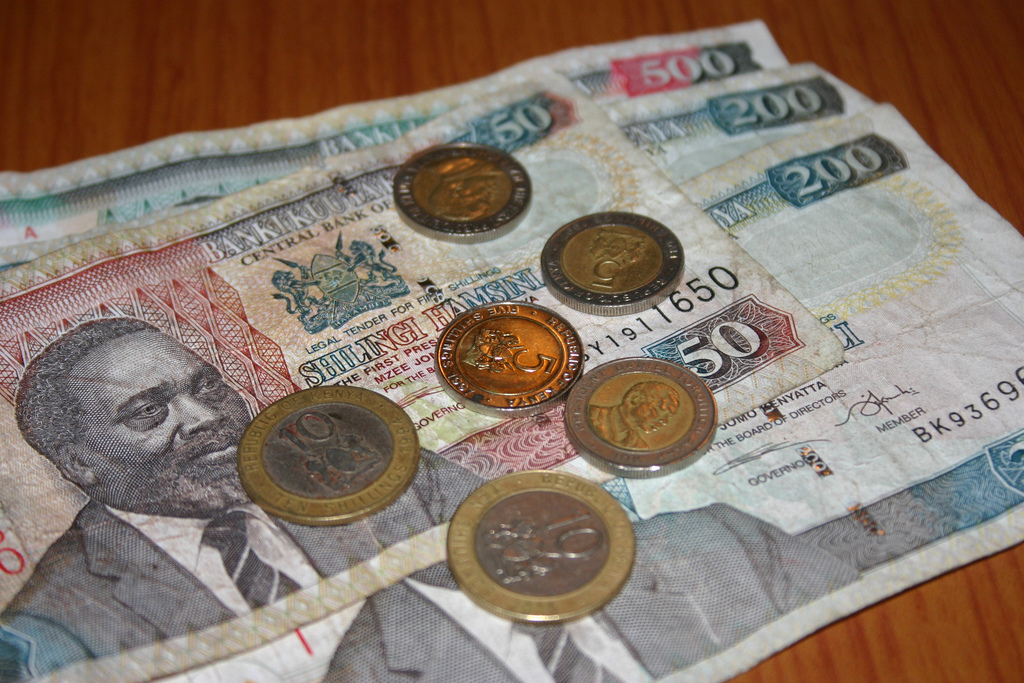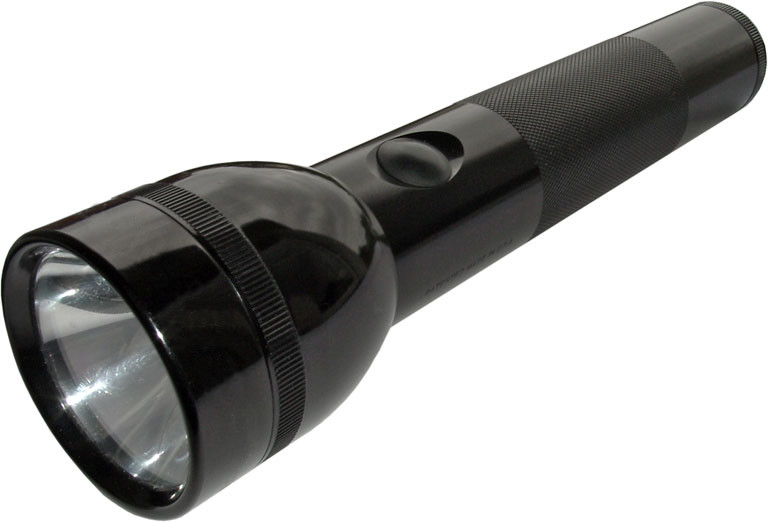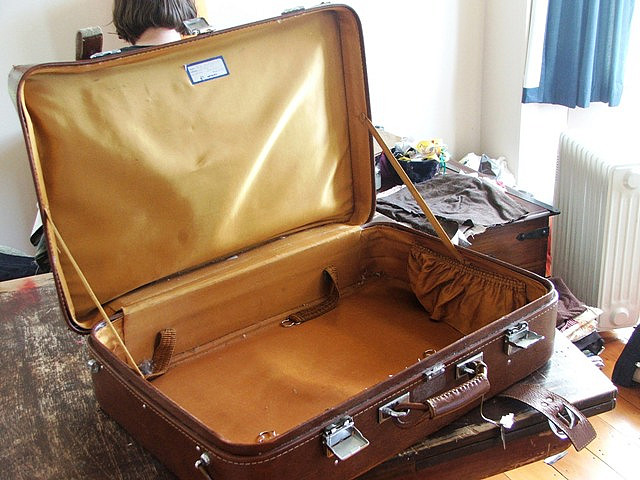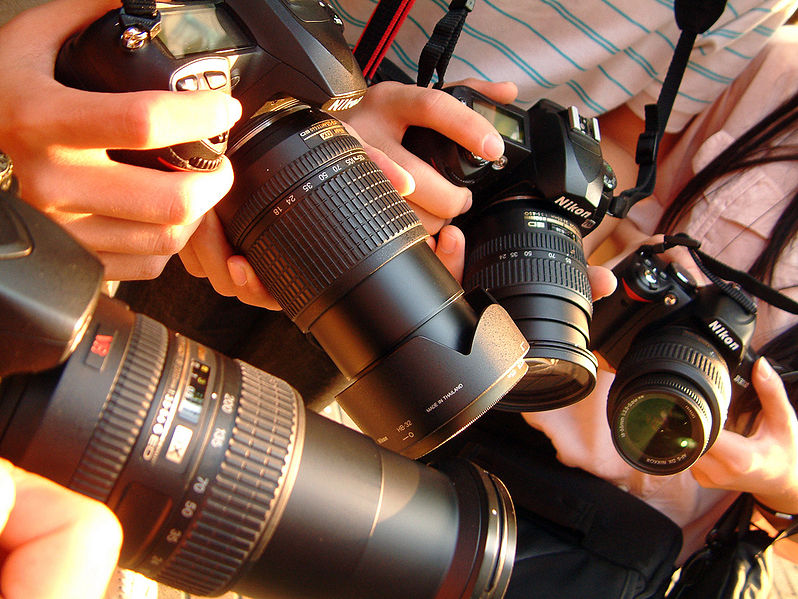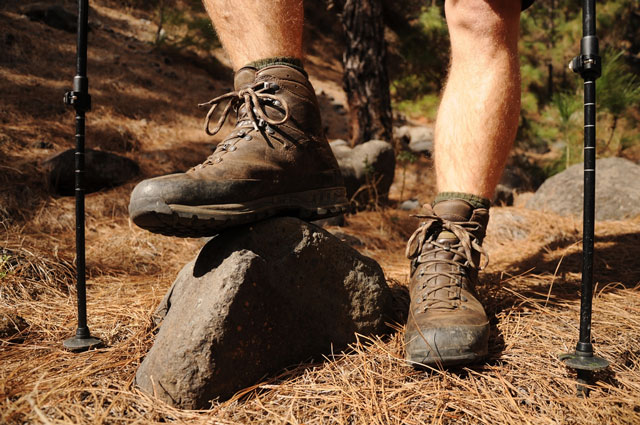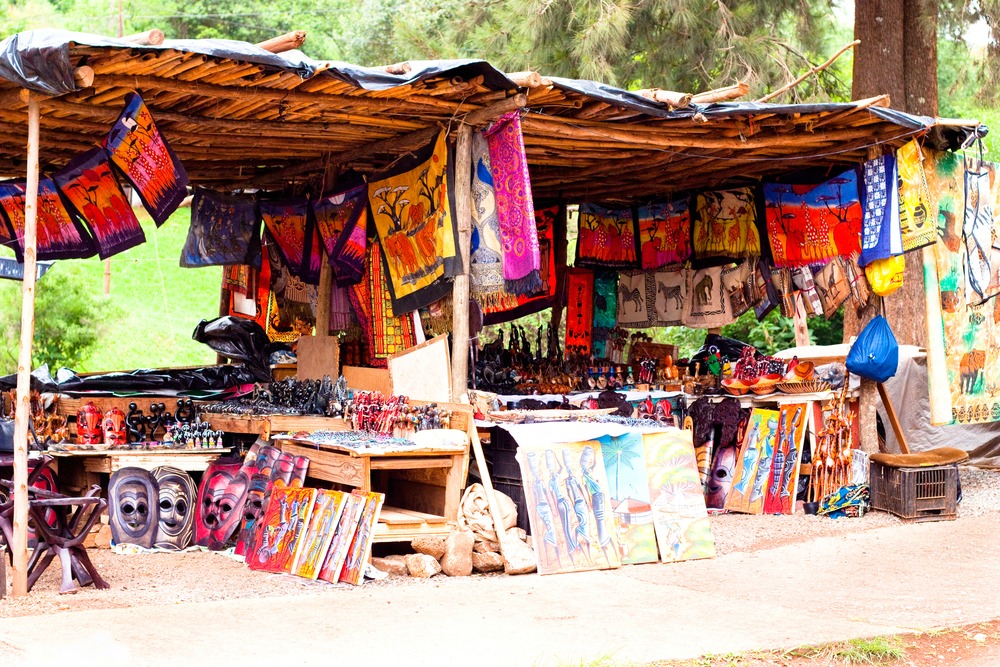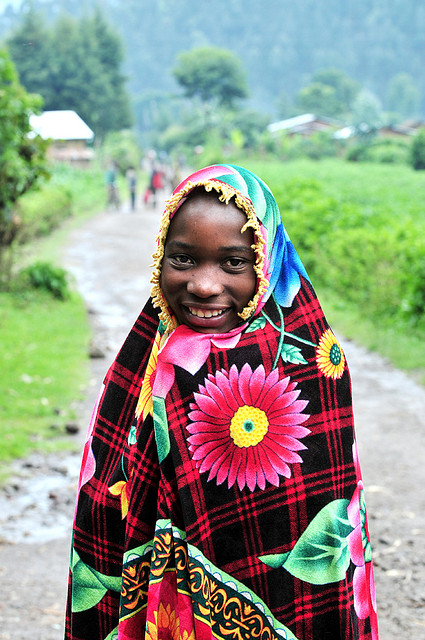So you’re planning an African vacation? Way to go! As much as you’re looking forward to your trip, one tiresome task may still worry you: packing. If you’re wondering what you need to bring on your trip, we’ve got you covered. Check out these 15 essentials items to take to Africa with you, and prepare yourself for an epic trip. As we say in Swahili, Karibu! (welcome).
1. Proper clothes
Though we wish it were true that Africa had non-stop sunshine all day, it actually has hundreds of micro-climates, some of which experience cold spells, rain and even snow. For example, July is the rainy season in Kenya, which can be a real bummer if all you packed was shorts and flip-flops. If you are headed to a Muslim area where modesty is required, don’t forget to pack long, lightweight skirts and/or pants and items to cover your head and shoulders.
2. Cash
If you’re accustomed to paying for everything electronically, you’re in for a rude shock at some African destinations. While the majority of large, urban, tourist-oriented areas can accommodate debit or credit cards, a lot of rural or smaller places may not. With this in mind, it is advisable to have some of the local currency on you. And even if you do plan to stay in the big city for your entire trip, you’ll still need cash to tip the hotel staff and pay taxi drivers.
3. An all-purpose cover-up
For ladies, a multi-purpose covering like the one pictured above can come in handy as a poolside sarong, a shawl for cool nights, or as a head covering or skirt for places where modesty is required. For men or women, they can function as a beach/picnic blanket. They can easily be purchased in all manner of intricate designs in many African destinations, but you can also choose to bring your own version and not worry about them taking up too much space.
4. Electrical adapters & converters
Nothing puts a damper on the perfect African excursion quite like having electronics that don’t work: how will you upload your photos to Instagram if the batteries on your camera and phone are both dead — and you have the wrong plug adapter? This handy chart summarizes what voltage and outlet types are used in every country in the world. Make sure you have the right combination of adapter and converter before you go — and don’t forget to check whether your laptop is dual voltage (most made in the last 5 years are). If so, you only need an adapter for it, not a converter.
5. Insect repellent and anti-malarials
Most parts of Africa have at least some annoying bugs — even large cities. At best they’re annoying; at worst they’ll put you at risk of getting a dreaded disease such as malaria or river blindness. So bring your favorite brand of bug spray with you, and if you forget, just buy some when you arrive. Of course, anti-malarial medication (and/or anti-mosquito netting) is a must if you are headed to known malarial areas.
6. Flashlight/torch
While most parts of Africa are connected to the grid, there are some places where electricity is unreliable or unavailable. So it doesn’t hurt to have your own light source to help you get around after dark — you REALLY don’t want to step on a scorpion in the middle of night, in the middle of nowhere. An ordinary flashlight/torch will work well, but some prefer a headlamp, which can be fastened to your body, leaving your hands free.
7. Medications and other personal care items
In addition to any prescribed meds you need to take during your trip, there are some other items that make sense to bring to Africa with you. Since gastrointestinal upset is a possibility if you inadvertently eat or drink something that disagrees with you, a little Immodium, some electrolyte powder and even some Cipro (in case you get REALLY sick) can go a long way to making you feel better. Ibuprofen or acetaminophen are also a good idea for general aches and pains, while disinfectant wipes serve a variety of purposes besides cleaning your hands (for example, cleaning off airplane tables and armrests).
8. Extra space for keepsakes
Africa is blessed with numerous artists and craftsmen, who make unique items that are popular as souvenirs. Take this into consideration when packing by leaving some extra room in your suitcase for purchases made on the road. That way you won’t have to buy and lug additional baggage, or pay a fortune to ship excess items back home.
9. A book or two
In many parts of Africa, you’ll have to wait longer than you may be used to waiting at home. Bus journeys may take three times longer than scheduled; flights may get delayed, or the bank may be closed for an hour in the middle of the day for no particular reason. In times like this, it’s great to have a good book to dig into to help pass the time. may we suggest a classic Africa travel book, such as Paul Theroux’s Dark Star Safari?
10. Camera equipment
You’ll only need an iPhone or cheap point-and-shoot camera if you’re not a photo buff and just want to take fun snapshots. But if photography is a serious hobby, consider bringing more sophisticated equipment such as a quality DSLR or HD video camera. If you are going on safari, a very long telephoto lens and car-top tripod are highly recommended.
11. Good shoes
Depending on where you travel in Africa, you will either need stout walking shoes (think trekking in Rwanda or climbing Mt Kilimanjaro), flip flops, or comfortable walking shoes or sandals. High heels or other high maintenance shoes that look drop dead gorgeous in the big city will simply hold you up, and possibly cause you to break an ankle while running for a bus. Consider inserts for closed-in shoes, and bring some quality socks that will last the distance and allow your feet to breathe.
12. Bargaining skills
There are loads of markets and stalls throughout Africa, and part of the fun is haggling or bargaining where it is expected and not a prix fixe. But you’ll need your expert bargaining skills on hand for these occasions.
13. Emergency snacks & drinks
OK, not so much for emergencies as such, but it can be useful on long bus journeys to eat some nuts or an energy bar when your blood sugar is running a little low to restore your equilibrium. You may find a local variety such as banana chips to have on hand. For that matter, you’ll be grateful to have your own source of safe hydration while on long journeys or hikes. Consider bringing a quality water bottle, and a steripen or water steriliser (or even a small travel kettle with which to safely boil water) so that you are always able to fill your flask.
14. Sunscreen and a hat
If you’ve come from colder climes, you’ll be tempted to jump straight out into that glorious sun and sunbathe. But you run the risk of serious sunburn and discomfort that will put a damper on your holiday, so be patient and sensible, and apply a high SPF sunscreen, and a hat. After all, even the elephants and hippos are known to apply mud as a sunscreen in Africa!
15. Patience and a smile
This is Africa. Things happen differently here. And if you come expecting Swiss punctuality, you’ll be disappointed, and probably left angry and frustrated by your experiences. So pack plenty of patience, and a willingness to engage with people; make the time to have a chat. You’ll find a little respect and courtesy goes a long way and you’ll have a much better trip.
Want to discover the finer side of Africa? Sign up for our weekly newsletter.
